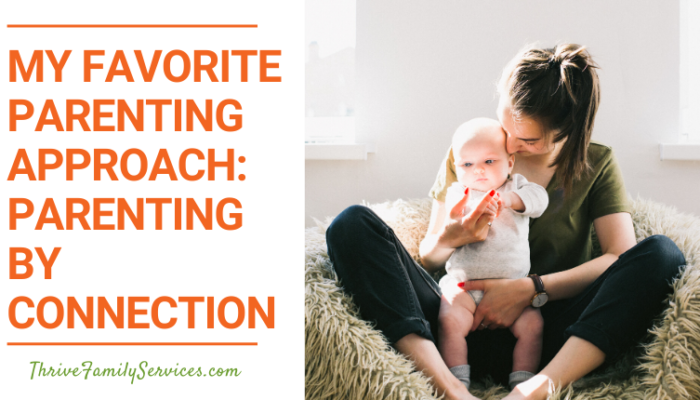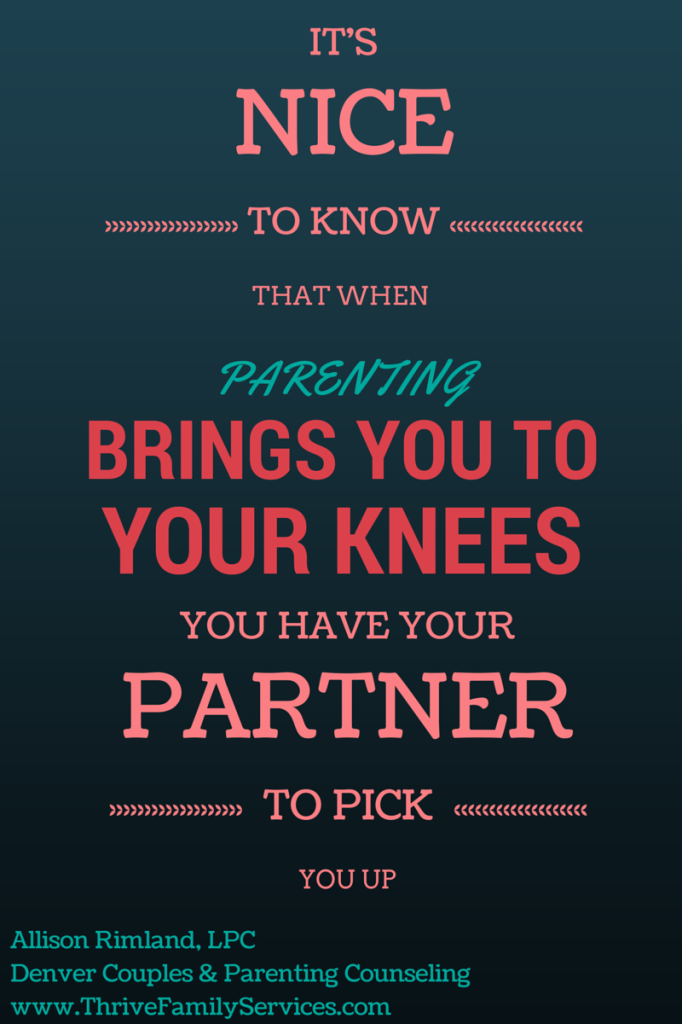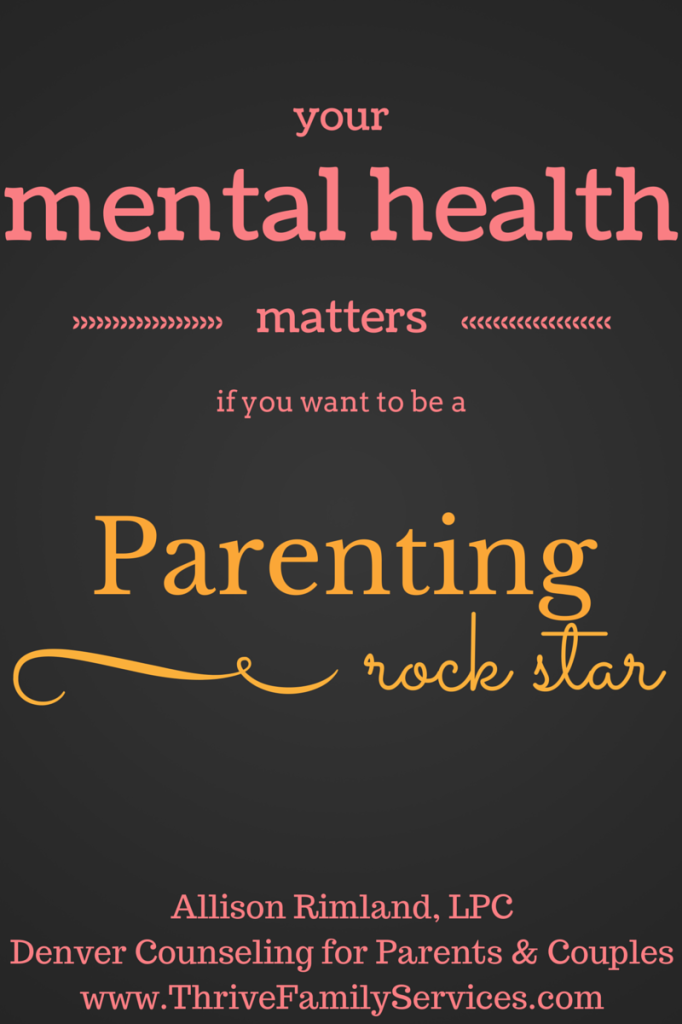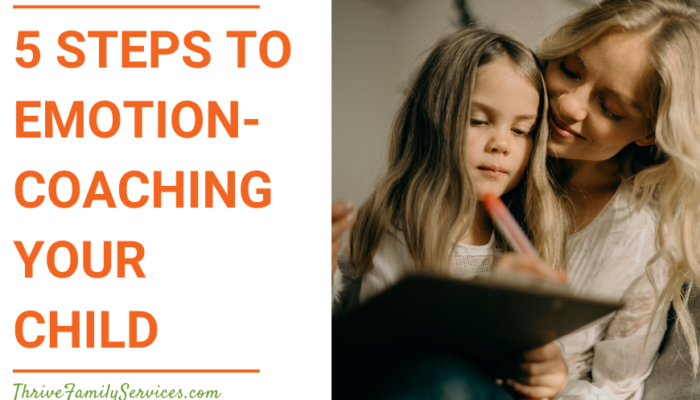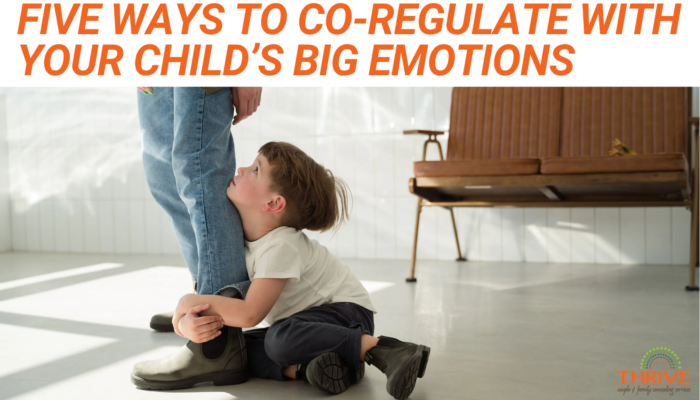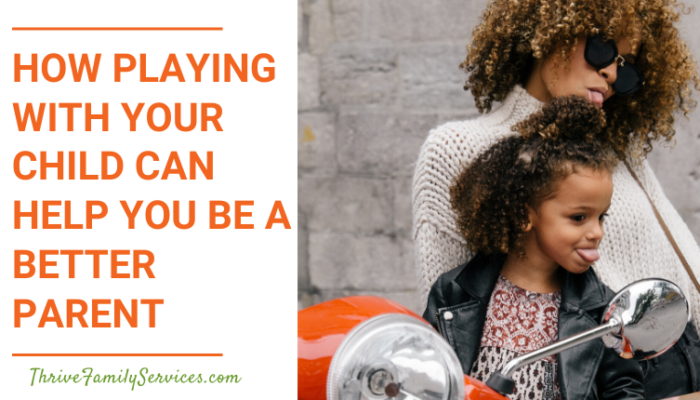Attachment Parenting beyond Co-sleeping and Baby-wearing
Any way you slice it, parenting is an emotional job. Sometimes, it fills us with such joy, love and wonder. Sometimes it’s just plain hard. Do you feel that way?
I have realized that my children teach and stretch me each day probably more than I do them. In a way, parenting a child can sometimes feel like we are walking around, looking at a giant mirror reflecting all we need to learn about ourselves as parents.
My clients and friends have likely heard me talking about my favorite parenting approach, Hand in Hand, Parenting by Connection. I study Hand in Hand as both a therapist and a mom. It educates and supports me through the difficult parts of parenting. It also helps me to better understand my children’s behavior, emotional needs, and brain development.
I sat down for a chat with Kristin Volk, Certified Parenting by Connection Instructor to learn more about Hand in Hand so I could share it with you. See below for the YouTube link to our interview. Here are some of the things I learned:
Parents Must have more Support
We are so isolated in our parenting. We don’t have the breaks we would get if we lived in close community with relatives and family friends. We don’t have the emotional support we need to do the heavy lifting of parenting.
If something upsetting happens with our children, for most of us, we don’t have someone to talk to or show up in the moment to support us other than our partner. We have to find a way to trudge through, sometimes licking our wounds alone, bewildered by what our child has said or done, and not feeling confident about what to do.
There are no perfect parents
Therapists, teachers and parenting experts all go home to their real children, imperfect marriages and hectic lives. Sometimes, we might manage to connect playfully and lovingly with our children. Other days, we are tired, grumpy, or short on patience. When we can get non-judgmental support and connection from partners or other parents in the trenches about those imperfect moments, we feel less isolated and we are more resourced when the next parenting challenge comes along. We need the grounding of other imperfect parents seeing our innate good intentions and not judging our mistakes.
We Parent Better when we Understand our Children’s Brains
For us to be the best parents we can be, it’s important for us to understand children’s brains, emotions, development and normal behavior.
Parenting by Connection teaches us that emotions, even strong emotions, are very normal parts of the human experience. When a child is full of emotions they don’t know how to express or process, it shows up as a lack of cooperation, not listening, or disrespect.
But, children don’t want to behave in those ways or feel the hard feelings that started it all. That’s where our warm, loving presence can be all the parenting technique that’s needed. Children, and their brains, function best when their connection with us feel strong and secure. Just like us adults, we feel better when we’ve had a good cry with someone who loves us. When someone listens to us and we feel really seen, heard and cared for, it helps us release those feelings.
In contrast, separation techniques, like time-outs, can sometimes force a disconnection where connection is what is most wanted and needed by the child and their brain. Through our connection and closeness, children are able to offload those stuck emotions.
Children need to release emotion, not to calm down by stuffing their emotions. They can have early memories, upsetting experiences that day, or a tough moment from last week. But, children don’t always have the ability to tell us exactly what is coming up. They need our help to work through their emotions so they can eventually calm down.
We Parent Best when we Understand our own Feelings and Get Support
If you can better understand what your feelings are and how they affect your parenting reactions and decisions, you can parent your children with more patience and understanding. Knowing your own feelings also tells you when you might need more support, whether that is education, counseling, self-care for mental health, or a good cry or venting with your partner or a fellow parent.
Being resourced means that we are getting our own needs met. On one end, this can mean prioritizing getting a good night’s sleep, eating well, connecting with our partner, getting support in parenting, and having fun. On the other end, it means getting the emotional support we need to do one of the toughest jobs on the planet.
Couples Counseling can Make you a Better Parent
For most of us, parenting presents thousands of opportunities to unite with or be at odds with our partner. As parents, we will have our own big feelings come up, often at the same time that our kids are having their big feelings (let’s all have a meltdown!!!). It helps to have your partner to turn to in those moments for contact, caring and closeness.
The tricky part is that parents will always have to negotiate our different feelings, different philosophies about children, and different instincts based upon our own family history. Couples Counseling can help you to know your own challenges and understand what gets in the way of being the parent you want to be. At the same time, it’s important to remember that your partner is learning too, and isn’t perfect either. Couples counseling helps you learn your partner’s parenting feelings, and stuck places, as you share yours. Couples counseling can help you communicate better and make more joint decisions about parenting.
Most importantly, your partner can become your biggest ally, chief supporter, and provider of strength when the tough job of parenting brings you to your knees.
Call me today 303-513-8975 or schedule your couples counseling appointment to help you and your partner be the best parenting teammates you can be. Click here to be added to my blog mailing list so you never miss a post. You’ll get an email once or twice a month with new info for parents, couples and families.
Check out the video of my chat with Kristen Volk here.


